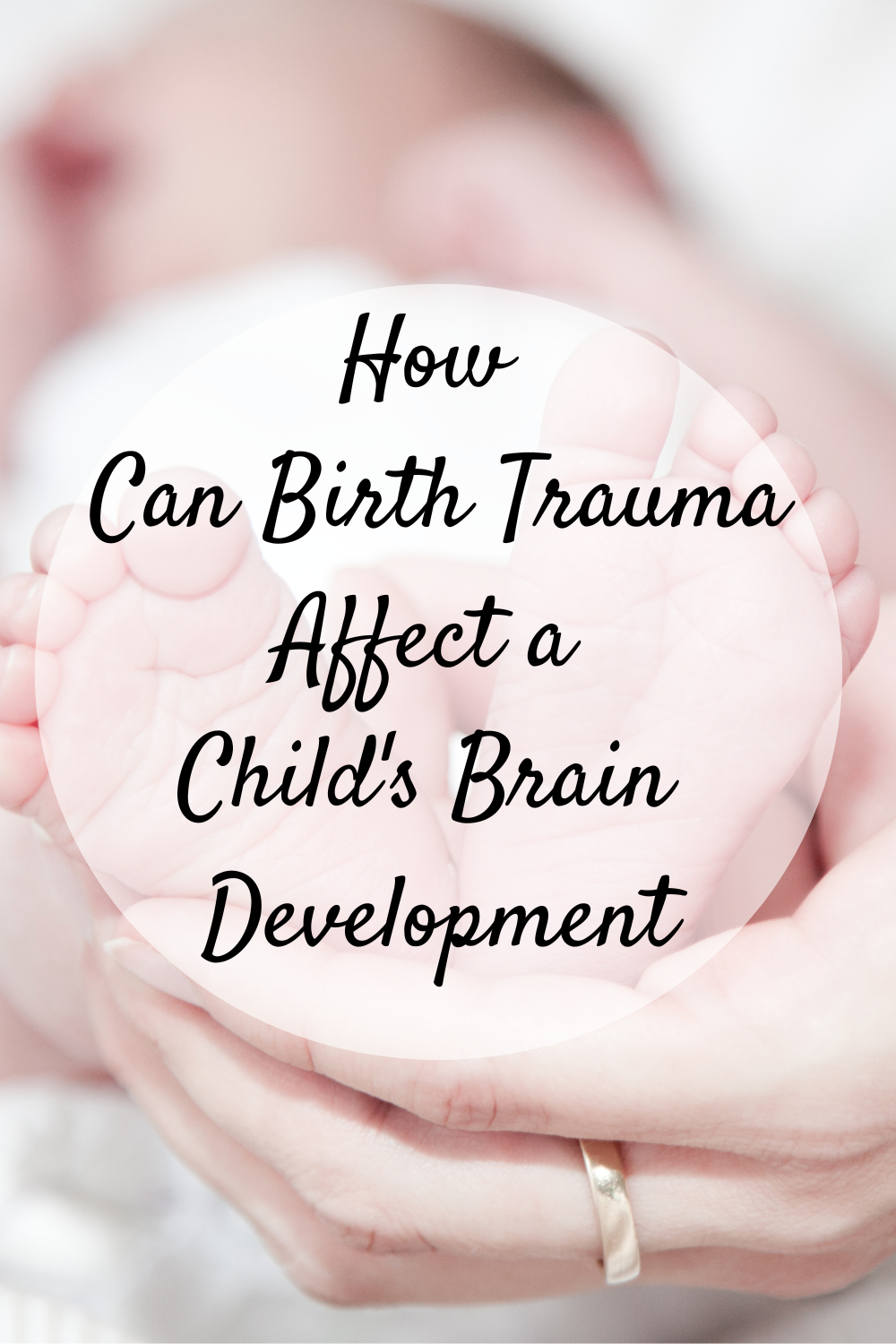
In the serene surroundings of Pennsylvania, where the echo of the Liberty Bell’s historical message of freedom once reverberated, many families face a starkly different battle: the unforeseen challenge of catastrophic birth injuries and their repercussions on a child’s brain development. This issue, both profound and unsettling, can shape the lives of the affected children and their families forever.
Exploring the Impact of Catastrophic Birth Injuries
The question we gather around today is poignant: “How can birth trauma affect a child’s brain development?” At the heart of each case—whether it occurs in Philadelphia, Pittsburgh, or a smaller township like Doylestown—lies a unique story of an individual and a family grappling with unforeseen hurdles.
The Onset: Understanding the Immediate Effects
During birth, injuries such as oxygen deprivation or physical trauma can occur, leading to immediate distress and long-term developmental challenges for the child. This trauma can disrupt the normal development of the brain, which, during these critical moments, is particularly vulnerable. The effects might manifest as cognitive, behavioral, or physical disabilities, shaping the way a child learns, interacts, and grows.
Imagine a newborn, in its first cries, facing hurdles that no one anticipated. The silence in the room as parents await the first breath, the swift motions of healthcare providers—it’s a sensory overload marked by heartbeats that are felt more than heard, and the cold touch of medical equipment that sends shivers down the spine.
The Journey: Long-Term Developmental Challenges
As these children grow, the implications of that initial trauma evolve. Parents may notice delayed milestones in speech, movement, or learning abilities. “It was around his first birthday that we realized he wasn’t babbling like other babies his age,” shared Sarah, a mother from Erie, whose son was affected by birth trauma. Such revelations are emotionally laden, filled with a mix of devotion and concern, as families like Sarah’s strive to support their child’s development.
Strategies for Support and Improvement
Fortunately, the journey through the aftermath of birth trauma is not traversed alone. Various interventions can play a crucial role in mediating the effects of early brain injuries:
- Early Intervention Services: Pennsylvania offers programs that assess and assist children with developmental delays, providing therapies that are tailored to each child’s needs.
- Physical and Occupational Therapy: These therapies can improve motor skills and cognitive functioning, helping children overcome physical hurdles and enhancing their quality of life.
- Family Counseling and Support: Families are not bystanders in this journey; they are integral participants who also need support and guidance to navigate these challenging waters effectively.
Harnessing Hope Through Community and Advanced Care
In Pennsylvania, the sense of community and access to specialized care stand as beacons of hope for affected families. Organizations and support groups provide not only practical advice but also a platform for sharing experiences that resonate deeply with those walking similar paths.
“It’s about knowing you’re not alone,” a father from Allentown expressed during a support group meeting, his words a balm to many in the room. This shared experience, coupled with professional medical and therapeutic interventions, paves a path toward potential and progress.
FAQs About Birth Trauma and Brain Development
What are common signs of developmental delays due to birth trauma?
- Common signs include delayed milestones such as sitting up, crawling, walking, or speaking, as well as challenges in social interaction and behavioral differences.
How soon after birth can trauma effects be detected?
- Some effects are immediate, while others may take months or years to become apparent as the child grows and develops.
What resources are available in Pennsylvania for children affected by birth trauma?
- Pennsylvania offers comprehensive early intervention programs, specialized pediatric care, and active support groups that provide resources and community assistance.
Can speech and language therapy really help children affected by birth trauma?
- Yes, these therapies are crucial in fostering communication skills, allowing children to express themselves and interact more effectively with the world around them.
Understanding how birth trauma can affect a child’s brain development is not just a medical inquiry—it’s a pressing societal issue that touches the lives of many families in Pennsylvania. Amid the echoes of our historic state’s liberty, the call to action is clear: to provide understanding, support, and optimal care for our most vulnerable citizens from the very start of their lives. Every step taken to support these children in their developmental journey is a step towards fulfilling the promise of their inherent potential, echoing the values of strength and resilience that Pennsylvania holds dear.





Leave a Reply